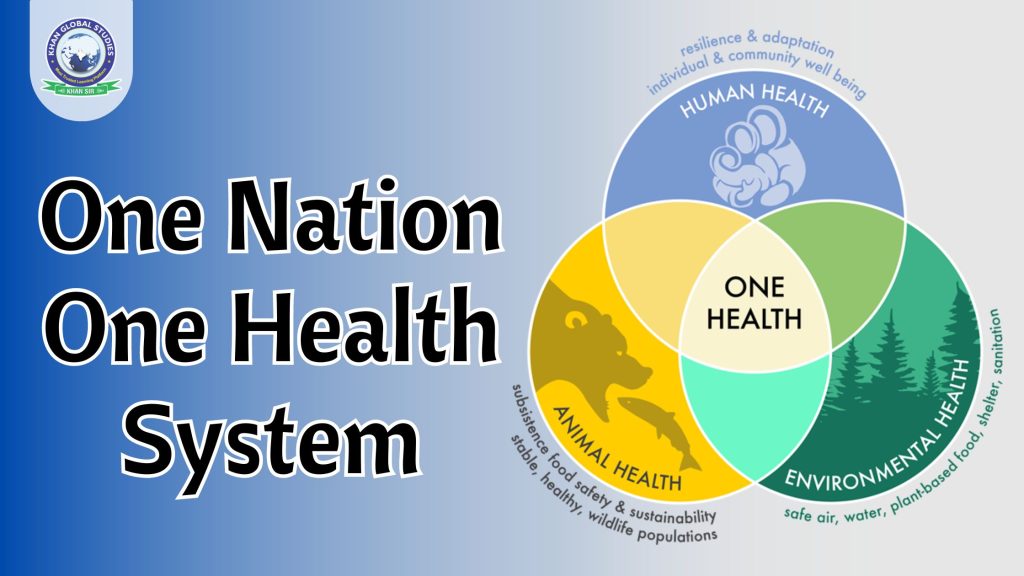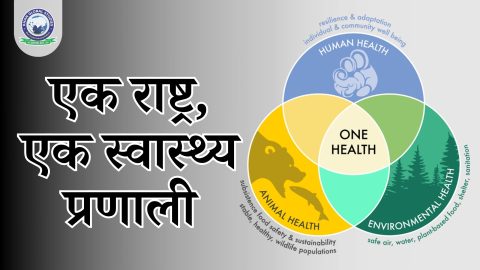“One Nation One Health System” is a concept that is becoming increasingly popular in many countries including India. This system envisages providing equal and affordable healthcare services to all citizens, regardless of where they live in the country. In this article, we will understand this concept in detail and discuss its advantages, challenges and its implementation in India.
What is One Nation One Health System?
This system is an integrated healthcare system that ensures uniform standards and services across the country. It aims to provide quality and affordable healthcare to all citizens. It includes all healthcare facilities from primary health centers to hospitals.
Need for One Nation, One Health Policy
The most basic need of India’s health sector is to work on four main issues: introduction of a national health system, focus on health education, training, employment and PG degrees. Crowding in urban hospitals during the Corona epidemic and lack of health resources in rural areas have made it clear that there is a need for medical colleges with PG seats in every district. This will enable local doctors to stay in the same area and will also lead to economic development. The new education policy also highlights the importance of linking medical education with basic education.
Benefits of One Nation One Health System
- Equity: This system promotes social equality by providing equal health services to all citizens.
- Efficiency: Costs can be reduced by using resources efficiently.
- Quality: The quality of health services can be improved by following the same standards and protocols.
- Access: Health services can be easily accessible even to people living in remote areas.
- Disaster Management: An integrated system can respond better during disasters.
Challenges of One Nation One Health System
- Diversity: Implementing a uniform system can be challenging due to India’s geographical and social diversity.
- Resources: Implementing such a system requires massive resources.
- Infrastructure: Many areas still lack health infrastructure.
- Human Resources: There may be a lack of an adequate number of trained physicians and health workers.
Implementation of One Nation One Health System in India
The Indian government has made efforts towards one nation one health system through initiatives like Ayushman Bharat. However, there are still many challenges that need to be overcome:
- Strengthening Primary Health Centers: These centers should be adequately equipped and staffed.
- Digital Health Records: Develop a digital health record system that links all health facilities.
- Human Resource Development: Focus on the training of doctors and other health workers.
- Private Sector Involvement: Involve the private sector in healthcare provision.
Integrated Health Policy
To implement an integrated health policy, it is necessary to restructure the public health structure. Departments like nutrition, mental health, social justice, public health, Jal Jeevan Mission and social welfare should be integrated into one. This will make government efforts move forward with uniformity and improve the public health sector.
Conclusion
“One Nation One Health System” is an ambitious goal that can bring many benefits to India. However, many challenges need to be overcome to achieve this goal. This goal can be achieved only by working together with the government, private sector and citizens.
For more information, you can
- visit the official website of Ayushman Bharat and
- the website of the World Health Organization.




